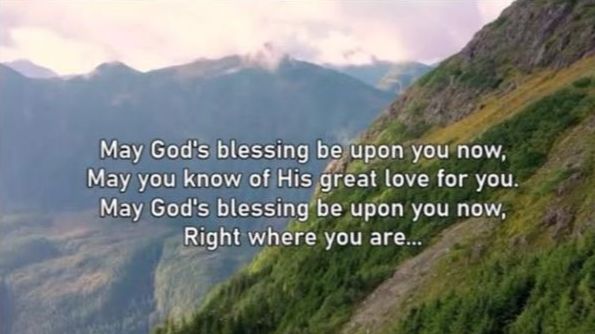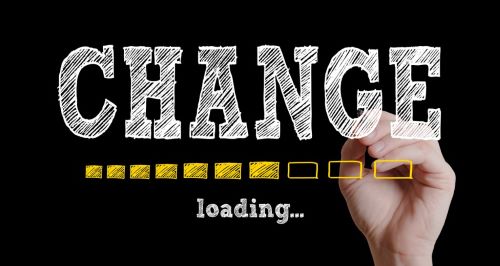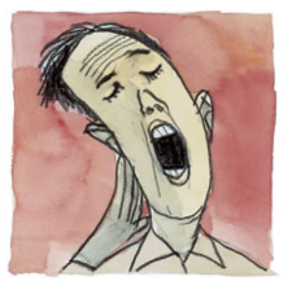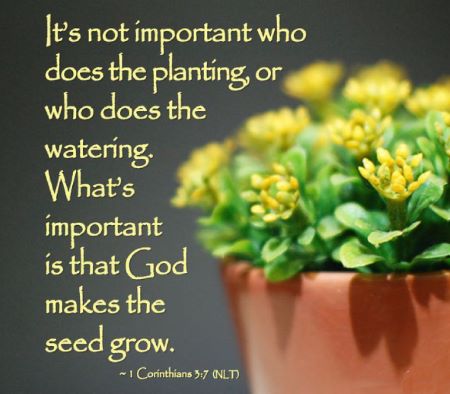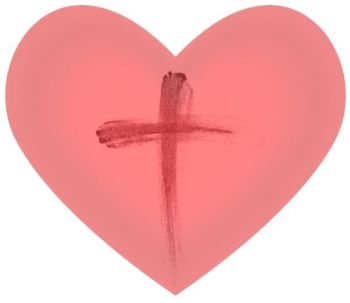
Are We There Yet?
Early one sultry Saturday morning in August, when I was ten years old, my mom and dad packed up my brother and me in the car, and we set off from our home in River Edge, NJ for Lake Hopatcong, which sits about forty miles west of River Edge, mostly along and a little bit north of US Interstate 80. A cousin of my mother’s brother’s wife, and her husband, owned a small marina and hotel there, and my parents talked for weeks about how we were going to meet family there and spend the night and take motor boat rides on the lake. It was enough to inspire the excitement and incite the impatience of decade-old me. And we had barely arrived at the border of our little town, when I remember asking my father “Are we there yet?”
My mother turned around in the front passenger seat, and explained that it would be about an hour or so before we’d get there. But in another few minutes, the precocious part of me asked two or three times in rapid succession “Are we there yet? Are we there yet? Are we there yet?” And as quickly as I asked, my dad quickly pulled the car over to the side of the road (we were not even on the highway yet), and told me that if I asked that question one more time, he was going to turn the car around and we were going home. I did not ask it again.
But even as adults, we ask that question over and over again about whether, in so many different ways, we “have arrived.” Am I in my ideal vocation? Is this our forever home? Do we have enough money? Have we arrived at a place of happiness and contentment? It may seem that we’re never satisfied with where we are or what we have. That we want more and more.
Cosmologists used to believe that the mind-boggling expansion of the universe, in the seconds following the Big Bang, would eventually stop; that it would be slowed down by the cumulative gravitational force of its countless galaxies. But that belief has been disproven. It’s now been documented that the universe is expanding; and as it expands, it expands faster and faster. But is the space into which it’s expanding empty? Or is the space into which it’s expanding being created as it expands? And when will it stop? Or will it?
I’m inclined to believe that the incomprehensible physical universe in which we live is a reflection of the incomprehensible inner universe which we also inhabit. And that as the outer universe expands, so does our inner capacity for the divine qualities for which we were created. And while it may seem that what we want, are limitless bank accounts and mansions and vacation homes and gourmet meals and power and celebrity; what we really want is limitless love and grace and forgiveness and faith and hope, which is our true birthright (the qualities which we truly deserve to own and to share with all of our neighbors, without cost). And while the arc of the moral universe may be long, it’s the gift of free will which God has given us to choose to bend that arc towards justice.
So as we continue on our journey, we may encounter detours, hills beyond which we cannot see, an accident blocking the road, or any one of myriad delays; but we might as well enjoy the ride. And not ask that impatient question, even though we are confident that God won’t stop the car and take us back home.


